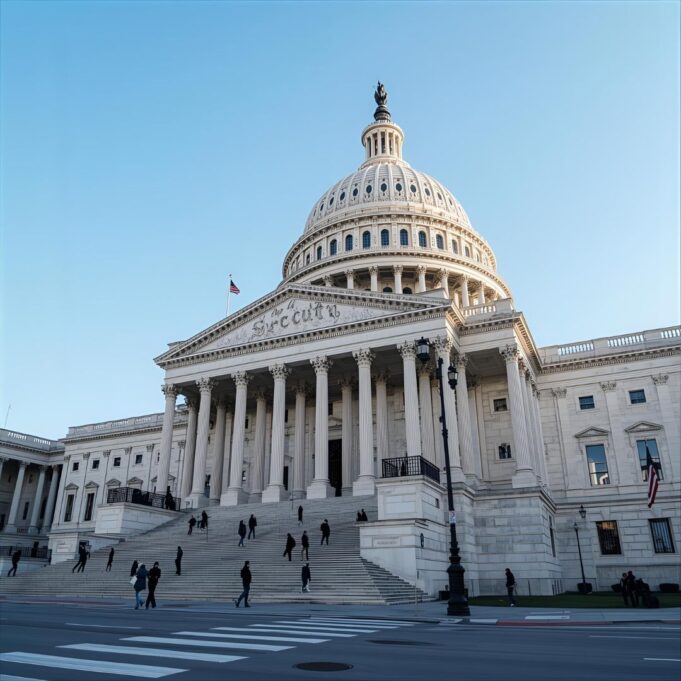The Core Issue: High Barriers to Entry
The core of the issue lies in the SEC’s “Rules on Digital Assets Issuance, Offering Platforms, Exchange and Custody,” released in March 2024, which mandates a minimum paid-up capital of ₦1 billion (approximately equivalent to $650,000-$700,000 USD, depending on the exchange rate) for VASPs. The House Committee, led by its chairman, believes this requirement may be prohibitively high for many investors, potentially hindering the growth of the sector.
EFCC Confirms Secure Storage of Confiscated Digital Assets
During the session, the Economic and Financial Crimes Commission (EFCC) also confirmed that all confiscated virtual and digital assets linked to criminal activities are securely stored in its custody, within dedicated digital wallets across its zonal offices. The Committee has since directed the EFCC to provide comprehensive records of all digital asset confiscations, which will be used to support legislative review and policy recommendations.
Balancing Innovation with Investor Protection
The SEC’s introduction of comprehensive rules for digital asset operations in Nigeria in March 2024 aimed to regulate the rapidly expanding cryptocurrency sector, ensuring transparency and investor protection. While the intention behind the ₦1 billion capital requirement was to ensure the participation of serious and well-funded entities, critics argue that it creates a barrier to entry, potentially stifling innovation and discouraging smaller investors. These smaller players may be driven to operate outside of the regulated market, or leave the market entirely.
The House Committee’s appeal underscores the challenge of balancing innovation with financial system safeguards. Over-regulation can stifle innovation, while insufficient regulation can lead to instability. The lawmakers are attempting to find the optimal balance.
Committee’s Vision for Inclusive Digital Economy
Bamisile, representing the committee, emphasized the importance of a regulatory framework that fosters innovation while providing adequate oversight. The framework should protect the financial system, promote transparency, encourage youth inclusion, and address national security concerns within Nigeria’s digital economy. This highlights the broader goal of harnessing the potential of digital assets while mitigating potential risks.
Potential Impact of Lower Capital Requirements
The SEC’s decision regarding the capital requirement will have a profound impact on Nigeria’s cryptocurrency market. A lower capital requirement could encourage more investors, particularly smaller ones, to enter the market, leading to increased competition and innovation. A more accessible regulatory environment could attract foreign investment and stimulate overall growth in the virtual assets sector. A reasonable capital requirement could also encourage more VASPs to register and comply with regulations, thereby increasing transparency and reducing the potential for illicit activities. Ultimately, a thriving digital economy, supported by a well-regulated cryptocurrency sector, could contribute to Nigeria’s economic diversification efforts.
Industry Perspectives: Finding the Right Balance
Industry experts hold diverse opinions on the matter. Some argue that a high capital requirement is essential to protect investors from fraudulent schemes and to ensure the financial stability of VASPs. Others contend that it unfairly favors larger, established companies and stifles competition, potentially resulting in a less dynamic and innovative market. A middle-ground perspective suggests a tiered approach, with varying capital requirements based on the scope and nature of the services offered by VASPs. This approach would allow smaller businesses to enter the market while still ensuring that larger, more complex operations have sufficient capital reserves.
Action Steps for Stakeholders
The future of cryptocurrency regulation in Nigeria is at a critical point. To navigate this evolving landscape, individuals and businesses can take several steps. First, it’s crucial to stay informed about the latest developments in the regulatory environment by monitoring reputable news sources and industry publications. Second, engaging with policymakers by contacting representatives and expressing views on the proposed regulations can help shape the regulatory framework. Finally, supporting industry associations that advocate for a balanced and inclusive regulatory framework can amplify the collective voice of stakeholders.
Resources for Further Information
For further information on digital assets regulation in Nigeria, resources include the SEC’s official website and legal and financial professionals specializing in cryptocurrency. Informed participation is essential for creating a vibrant and sustainable digital economy in Nigeria.





